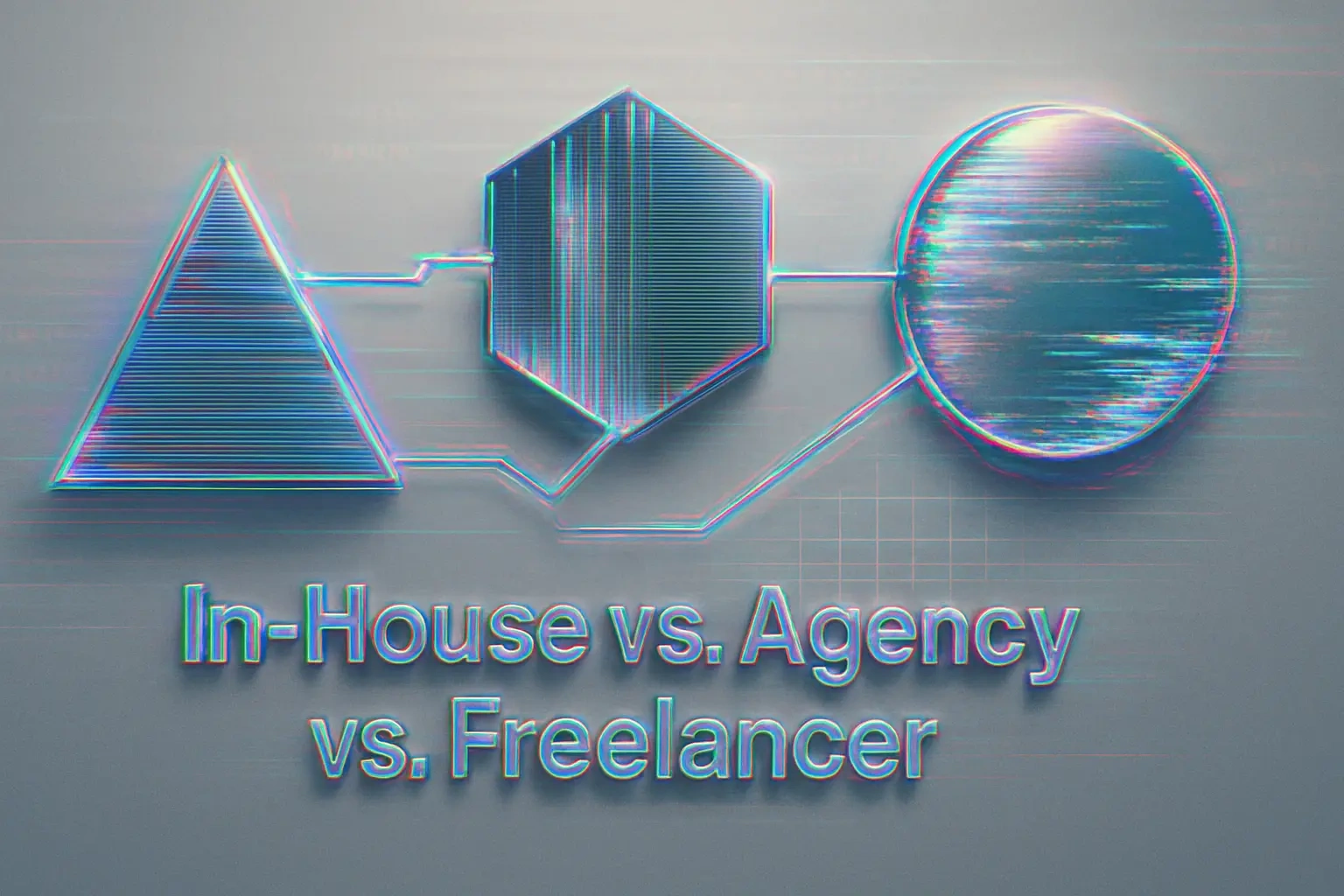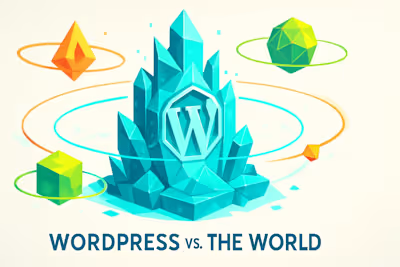In-House vs. Agency vs. Freelancer: How to Hire the Right WordPress Talent

In-House vs. Agency vs. Freelancer: How to Hire the Right WordPress Talent
The In-House Hire: Building a Long-Term Asset
Pros: Deep Company Knowledge and Dedication
Cons: High Cost and Limited Specialization
The Agency Partnership: A Full-Service Team on Demand
Pros: Diverse Expertise and Streamlined Management
Cons: Higher Price Tag and Less Flexibility
The Freelancer Advantage: Specialized Expertise & Flexibility
Pros: Cost-Effectiveness and Specialized Skills
Cons: Management Overhead and Availability
Why Freelancers are Ideal for WordPress
Head-to-Head Comparison: Cost, Speed, and Control
Cost Comparison
Project Speed and Time to Market
Level of Control and Involvement
Making the Right Choice for Your Business
When to Hire In-House
When to Partner with an Agency
When to Engage a Freelancer
References
In-House vs. Agency vs. Freelancer: How to Hire the Right WordPress Talent
The In-House Hire: Building a Long-Term Asset
Pros: Deep Company Knowledge and Dedication
Cons: High Cost and Limited Specialization
The Agency Partnership: A Full-Service Team on Demand
Pros: Diverse Expertise and Streamlined Management
Cons: Higher Price Tag and Less Flexibility
The Freelancer Advantage: Specialized Expertise & Flexibility
Pros: Cost-Effectiveness and Specialized Skills
Cons: Management Overhead and Availability
Why Freelancers are Ideal for WordPress
Head-to-Head Comparison: Cost, Speed, and Control
Cost Comparison
Project Speed and Time to Market
Level of Control and Involvement
Making the Right Choice for Your Business
When to Hire In-House
When to Partner with an Agency
When to Engage a Freelancer
References
Posted Jul 6, 2025
Need WordPress expertise? Discover whether hiring an in-house developer, a full-service agency, or a specialized freelancer is the best fit for your project, budget, and goals.










